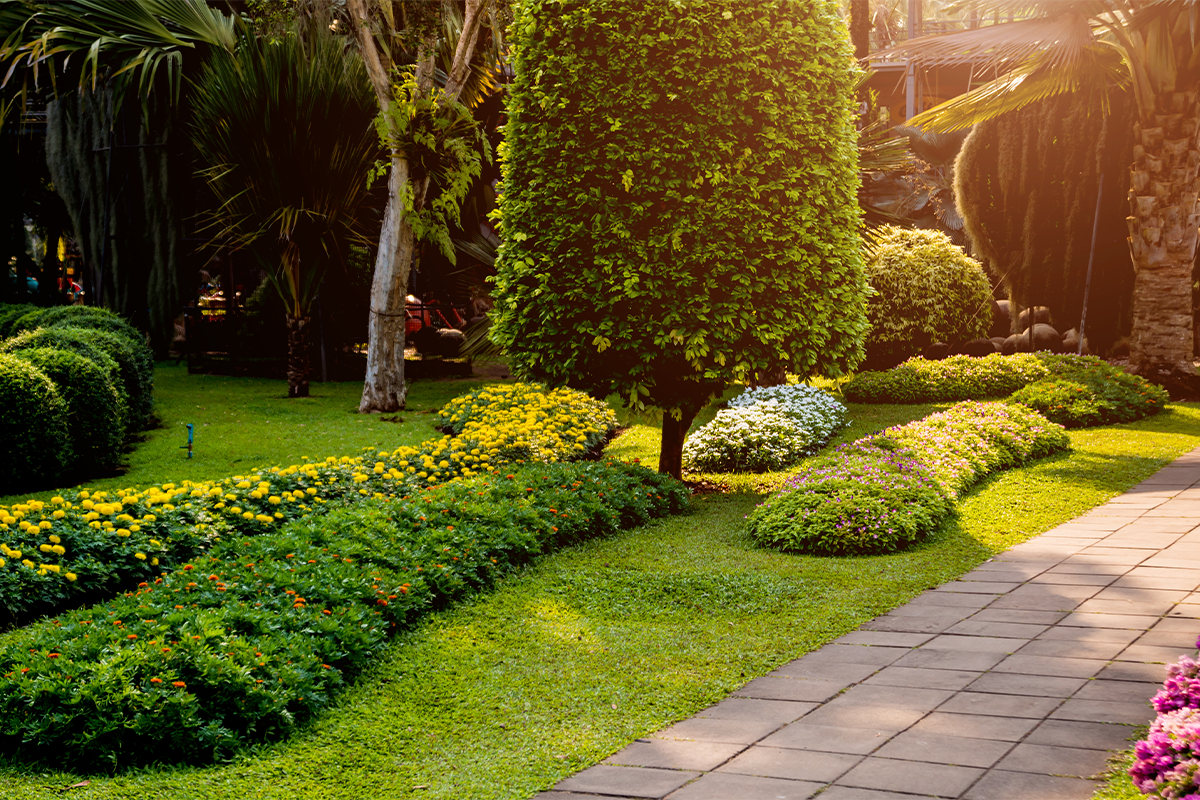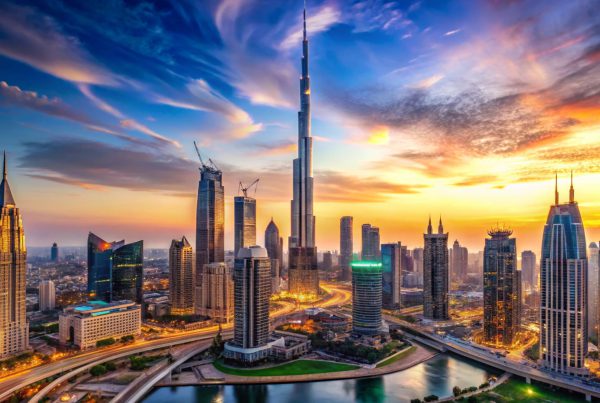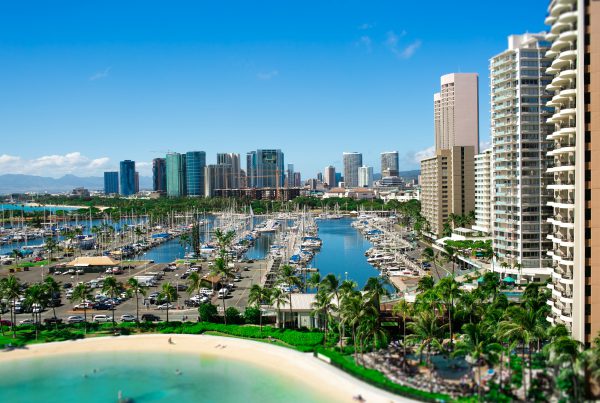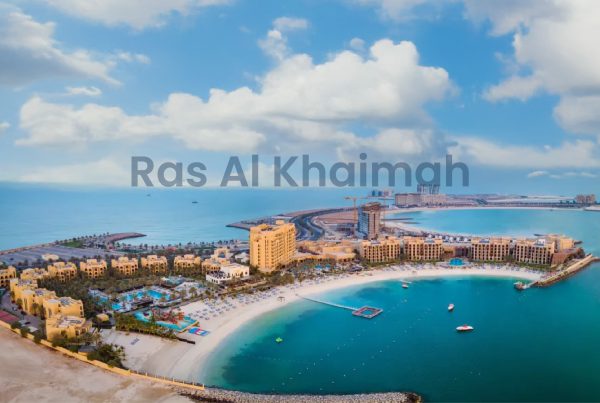With summer in full swing in UAE, days receive scorching heat while nights become warmer. Such weather impacts the plants and adds to the struggle of maintaining a home garden. It gets tough to look after the greenery in your home with the soaring temperatures. In addition, the lack of moisture and hot breeze causes the plants to fade and wither. Several gardening companies in Dubai help you preserve the lush look of your home plants and garden. Apart from adding a touch of freshness to your home, plants offer several health benefits. However, during the warmer time of the year, they require extra care and maintenance to thrive.
We have compiled a list of 7 gardening tips for hot weather in the UAE to help you care for your home plants and restore their freshness.
1. Plant Heat-loving plants
To keep up the aesthetic when preparing your home for summer, opt for plants that can bear high temperatures. Choose succulents or money plants with thick stems and lush leaves that add to the home decor. Water these plants regularly and regulate their exposure to sunlight.
Choosing the Right Plants for UAE
One of the key factors for successful gardening in the hot UAE weather is selecting plants well-suited to harsh conditions. Look for heat-tolerant, drought-resistant plants that can thrive in full sun. Some excellent choices for the UAE climate include:
- Bougainvillea: Known for its vibrant blooms and ability to withstand intense heat.
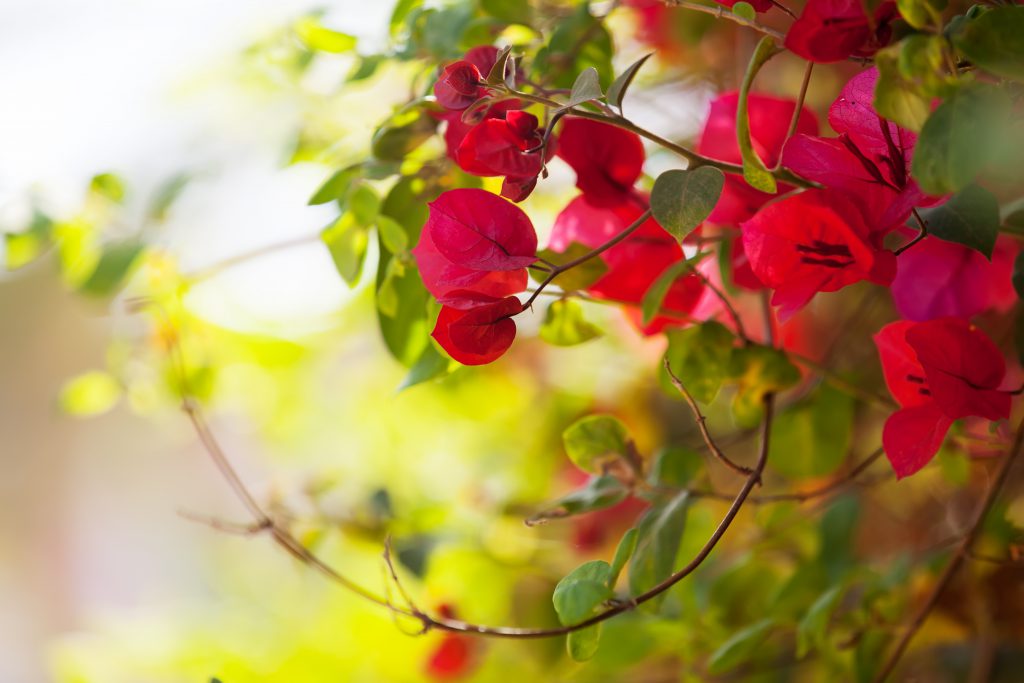
2. Hibiscus: A tropical beauty that thrives in hot climates.
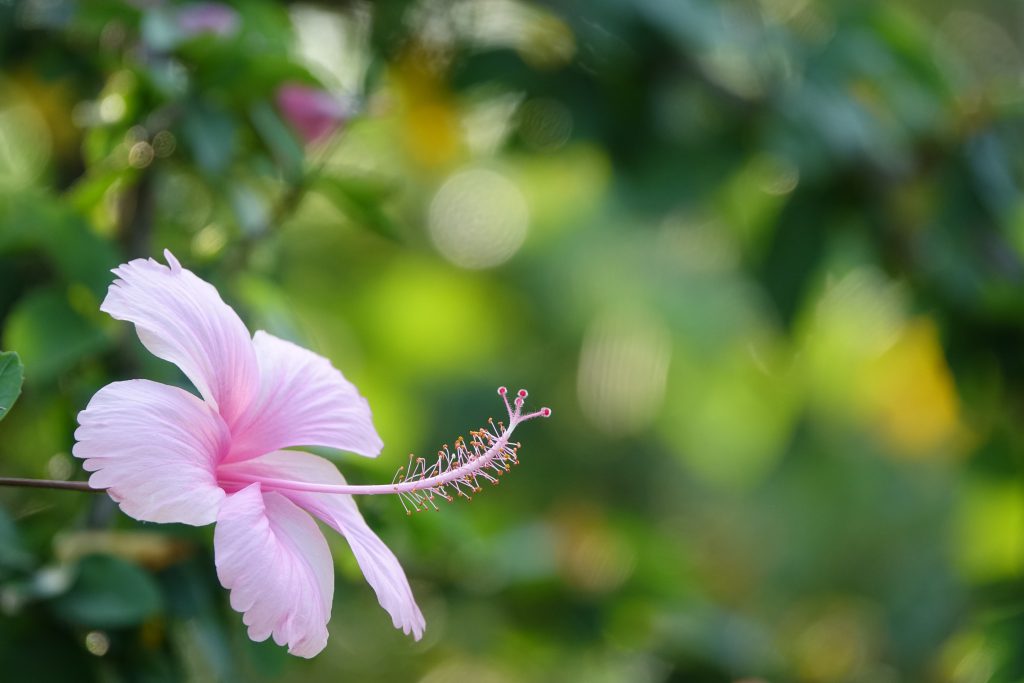
3. Desert Marigold: A native plant tolerating extreme heat and drought.
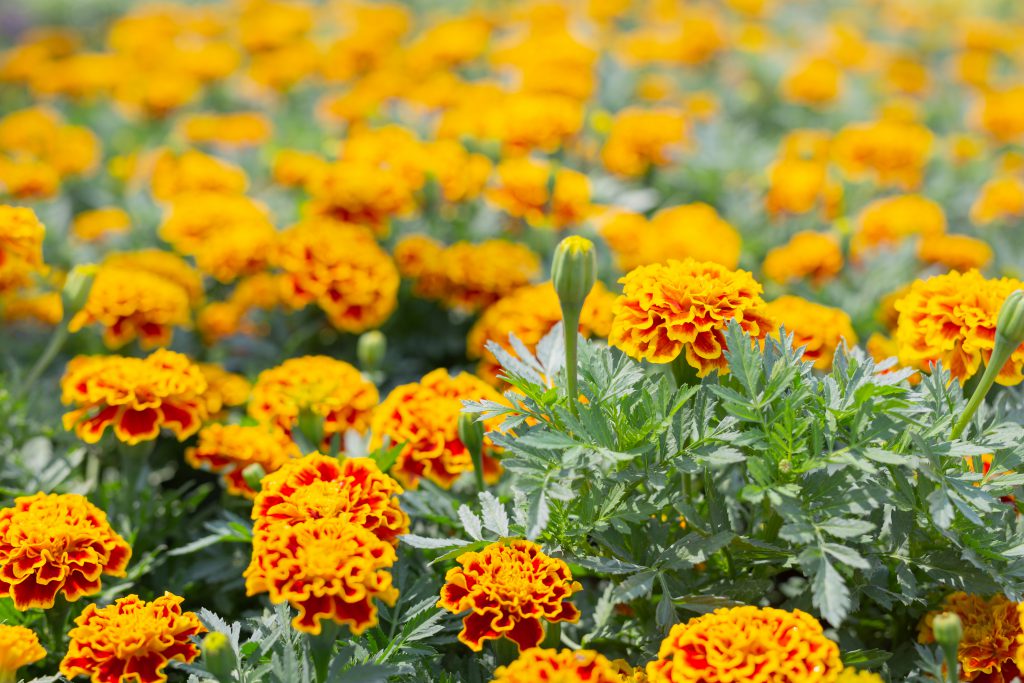
4. Bromeliads: These exotic plants are well-adapted to the desert environment.
They add a refreshing effect to the home garden, provided you take care of them appropriately.
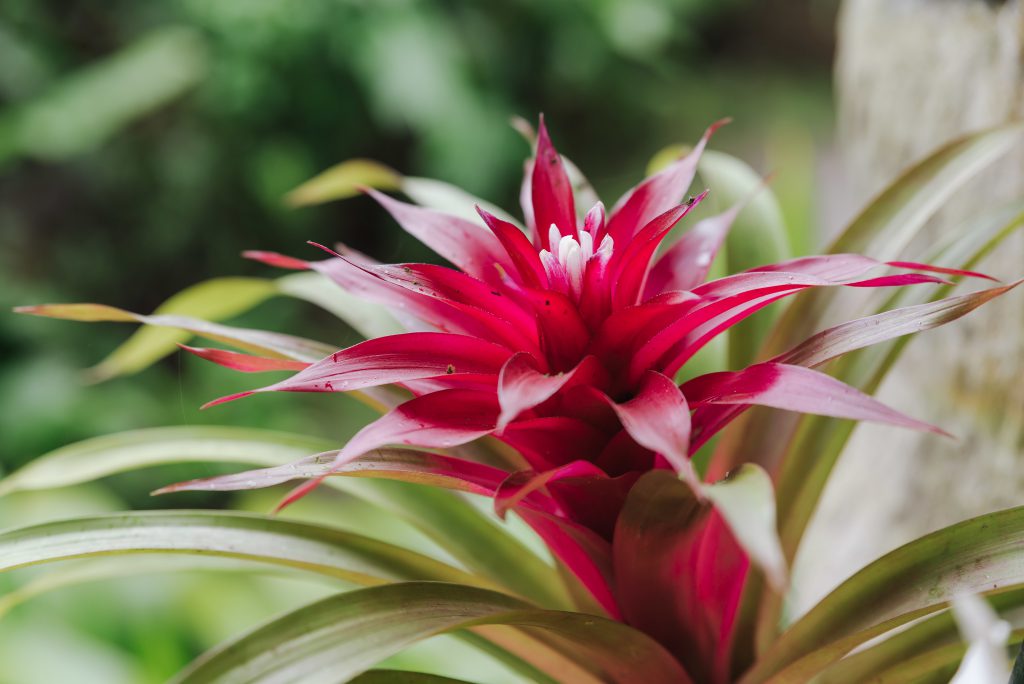
2. Provide Shades
Long periods of scorching heat easily damage plants. Excessive heat stresses plants, causing wilting, leaf drop, and overall decline. Shades are essential summer garden ideas that relieve intense heat and prevent heat stress.
Gardening experts from various landscaping companies in Dubai also say that partial shading during extreme heat can help reduce the temperature by as much as 10 degrees Fahrenheit.
There are so many outdoor shade options like Pergolas, shade cloths or long strips of canvas, latticework screens, or even old sheets and curtains (if you can make them look aesthetically pleasing). By reducing the intensity of sunlight, shades help keep plant tissues cool, reducing the risk of heat-related damage.
3. Soil Preparation
Preparing your soil appropriately is essential for successful gardening in the UAE. Take these steps to create a fertile and well-drained soil environment for your plants:
- Improve soil structure: Add organic matter such as compost to improve soil structure, water retention, and nutrient availability.
- Amend with sand: UAE soils tend to be heavy and clayey. Mixing in coarse sand can improve drainage and prevent waterlogging.
- Use raised beds: If you have poor soil quality or drainage issues, consider raising beds to ensure optimal growing conditions.
- Use Fertilizers: Most of the plants have nutrient requirements that increase during the summer. Fertilizers contain macro and micronutrients and organic matter that enhance the soil structure, moisture retention, and overall plant resilience. Well-fertilized plants are more resilient to harsh weather conditions, diseases, pests, and environmental stresses. It leads to healthier and more attractive foliage.
4. Smart Watering Techniques
Water conservation is crucial in the UAE, and it’s vital to employ smart watering techniques to ensure your garden receives adequate hydration without wasting this precious resource.
- Drip irrigation: This system delivers water directly to the roots, minimizing evaporation and ensuring efficient water usage. Opt for a water sprinkler for lawns for a longer and healthier effect.
Through this method, the water is spread and absorbed evenly throughout the ground. Water potted plants at least six inches to maintain a proper moisture level. For a hydroponic garden, maintain its water level with the proper pH to keep it healthy.
- Watering in the early morning or late evening: Watering your plants during these cooler hours can reduce water loss due to evaporation. Adequate watering is one of the most important factors for maintaining the garden. Regular watering provides moisture for plants to transpire, prevents overheating, and regulates nutrient flow.
We have the best landscaping companies in Dubai to help you further to maintain your garden in hot summers.
5. Protect Plants from Strong Winds
Strong winds can be expected in the UAE, and they can be damaging to your garden. Here are some measures to protect your plants:
- Plant Windbreaks: Plant wind-resistant shrubs or create windbreaks using structures or fencing to shield your garden from strong winds.
- Stake Tall Plants: Secure tall or top-heavy plants with stakes to prevent them from being uprooted or damaged by strong gusts.
For top-notch garden landscaping services in Dubai, look no further than our expert team to create stunning outdoor spaces.
6. Maintenance of Common Indoor Plants
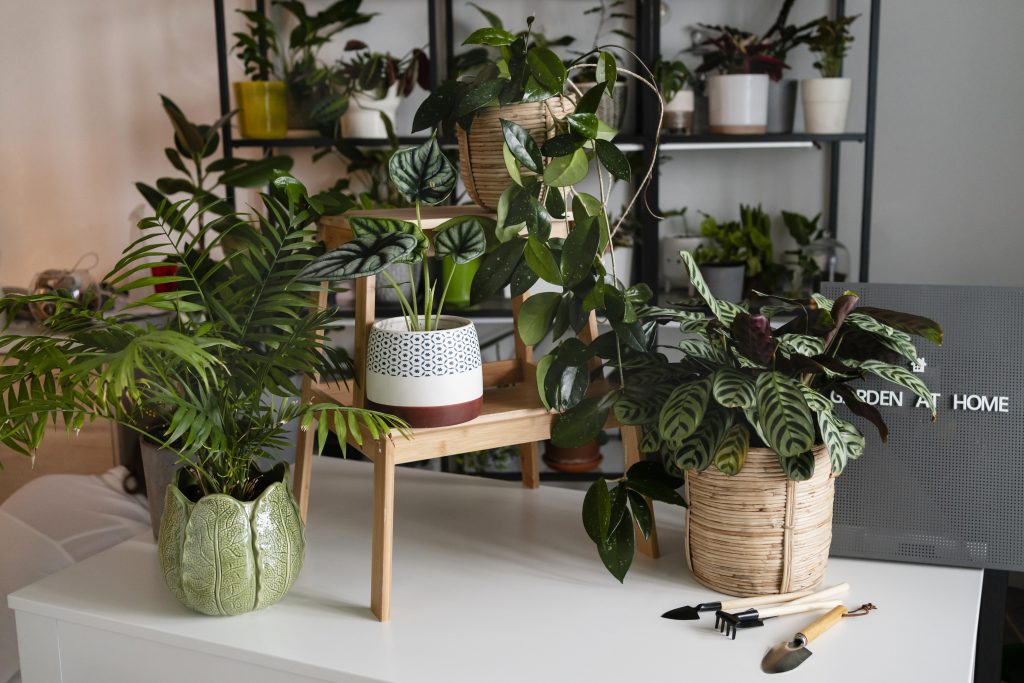
Indoor plants offer several benefits, provided they are properly cared for during warmer months. Indoor plants add to the aesthetic of home decor. However, they must be cleaned and watered regularly.
For warm weather, repot the plants if you notice their roots spreading out of the container. Increase the humidity by placing the plants together or using a spray bottle to mist their leaves. Avoid putting the plants directly before a blowing fan or an air conditioner.
- Start your transplants indoors
For vegetables that go into the ground in September, the summer is the time to start transplants indoors. You can do this for eggplant, cucumber, tomatoes, and peppers.
7. Pest Control in the Hot UAE Weather
Dealing with pests can be challenging in any garden, especially in the hot UAE weather. The intense heat and arid conditions can create a breeding ground for certain pests.
- Identify common pests: Familiarize yourself with the common pests in the UAE, such as aphids, whiteflies, and spider mites. Recognizing the signs of infestation will help you take action early on.
- Encourage beneficial insects: Invite insects, such as ladybugs and lacewings, into your garden. They feed on harmful pests and help maintain a natural balance. Planting nectar-rich flowers like marigolds and lavender can attract these beneficial insects.
- Practice companion planting: Companion planting strategically places certain plants to deter pests. For example, planting marigolds around your vegetable garden can repel nematodes and other harmful insects.
- Use organic pest control methods: Opt for organic pest control methods to minimize the use of harsh chemicals. Some options include neem oil, insecticidal soaps, and diatomaceous earth. These alternatives are environmentally friendly and safe for your plants.
By following these gardening tips for the hot UAE weather, you can enjoy a vibrant and flourishing garden that thrives despite the challenges of the desert climate.
Share this article and spread your love.
FREQUENTLY ASKED QUESTIONS
No, do not surround your garden with brick or crushed stone paths. These absorb heat during the day and release it at night, affecting the soil. You might end up with yellow grass in your garden. Also, avoid adding too many concrete paths and invest in organic mulch to keep the soil cooler.
Some of the perfect plants for gardening in the UAE include date palms, flame trees, tropical hibiscus, and frangipani.
UAE. To deter them, sprinkle cinnamon, coffee grounds, or chili powder around the entry points of your garden.



